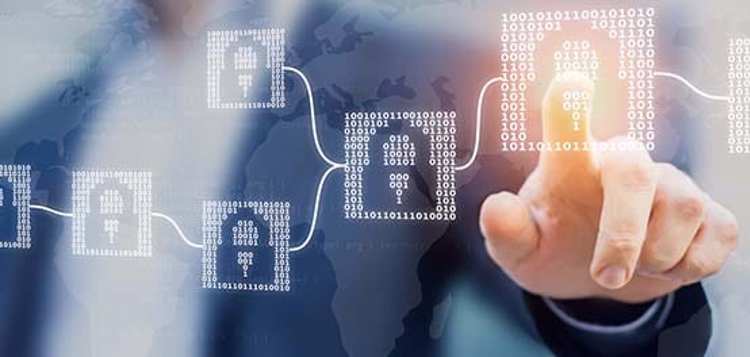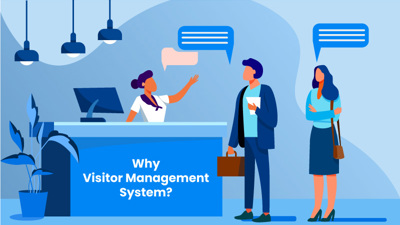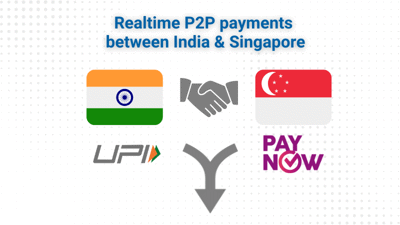Block chain Technology and how Governments can benefit from them

Blockchain Transforming Indian Governance
Blockchain has been the buzzword in the information technology world over the last couple of years generating curiosity in developers and consumers alike. This novel technology is actually just a modern approach to digitally keeping and updating records. However, the intrinsic nature of Block chain can change the mechanism of trust in transactions and services in the digital age.
A Block chain is essentially a decentralized or distributed ledger of all transactions in a network and held simultaneously by all the participants of the network. This peer-to-peer connectivity allows for the confirmation and validation of transactions through a peer consensus, eliminating the need for a trusted third-party intermediary.
This digital ledger is called a block chain because of the way each record interacts with another. When a new transaction is approved, it forms a data ‘block’ with a key to the previous ledger entry, encrypting it and effectively forming a virtual ‘chain’ between them. Hence, the block chain becomes more secure with the addition of each block, and unauthorized modification of entry (i.e., block) is not possible without disrupting the rest of the chain and alerting all the peers in the network.
Cryptocurrencies, the most famous application of Block chain, have been made possible by the highly secure nature of this digital ledger. Bitcoin has been the talk of the digital town, lately, as people have been struck by amusement and inquisitiveness due to its sudden rise in prominence. For a lot of people, block chain has become synonymous with Bitcoin. However, block chain technology has a wide array of applications in various types of institutions.
Some of the crucial areas identified as potential applications for Block chain are Governance and public record management. The government is tasked with keeping and transferring records at high volume while running services (which often include several transactions) for the public. Block chain can be used to store data of that can be transferred between departments providing different services to make processes more efficient while keeping the data secure. And it is being done already!
In 2017, IBM Institute for Business Value, surveyed over 200 leaders in 16 different countries to look into their interest in adopting block chain technologies into Governance. They also studied the applicability of blockchain in this field and concluded that trust and bureaucracy issues could be solved using this technology. Some of the governments – which they labelled ‘trailblazer’ governments – had already been “launching projects that apply block chain to transform regulatory compliance, contract management, identity management, and citizen services.”

In India, Finance Minister Arun Jaitley recently said that the country would “explore the use of blockchain technology proactively.” The country’s tech industry association NASSCOM is also partnering with Canada’s Block chain Research Institute (BRI) to explore the use of block chain in government and academic institutions, as well as businesses. The partnership was announced during Canadian Prime Minister Justin Trudeau’s visit to India.
Block chain entering our everyday technologies seems imminent and our governments would do well to adopt this modern way of transacting. People tend to lose faith in their elected representatives quite quickly these days. Using new technology to provide service in a more secure and efficient way could be one way to win the public over.















